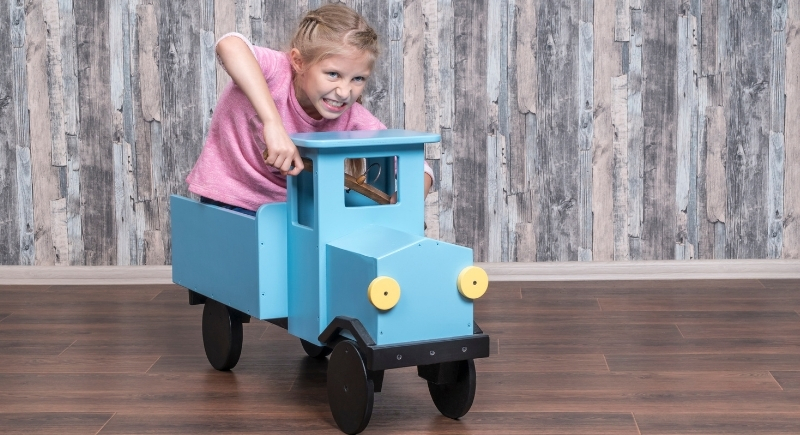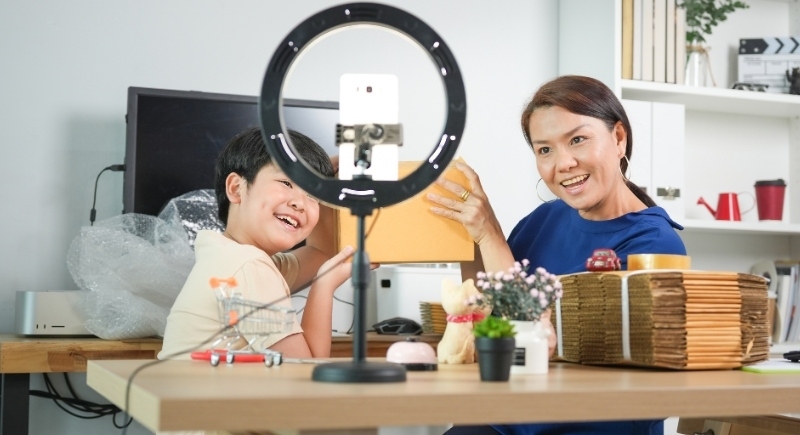10 Things Millennial Parents Do That Boomers Find Deeply Concerning
Parenting looks very different today than it did when Boomers were raising kids. Millennial parents make choices shaped by tighter budgets, growing conversations about mental health, and a constant stream of online advice. Older generations often watch these choices with mixed reactions. What feels careful and informed to millennials can come across as unnecessary or ineffective to those who grew up with a different playbook.
These differences create plenty of confusion, and the habits below tend to draw the strongest reactions.
Children Now Have Input on Family Plans

Credit: pexels
Unlike past generations, children are regularly included in decisions. They weigh in on everything from meals to weekend activities. Millennials don’t do this to spoil them, but they genuinely believe that it builds independence and decision-making. To older generations, involving kids in choices once meant chaos or a lack of discipline.
They Let Kids Ask Questions without Punishment

Credit: Canva
Millennial parents often invite questions about rules, even if it slows things down. Children are encouraged to ask why a rule exists, and parents take time to explain. This approach builds reasoning and communication. This is because such parents don’t believe in leveraging authority. Instead, they aim to prepare kids to think, speak, and problem-solve in real-time.
Screens Are Part of Modern Parenting

Credit: pexels
Boomers never had to manage tablet time or worry about screen limits. For younger parents, screens are just another tool in the house. They’re used for learning, calming down, or even getting through a grocery trip. While grandparents may see screen time as a failure to engage, Millennials see it as practical parenting within a digital world.
Name and Pronoun Changes Get Backed at Home

Credit: pexels
Gender identity discussions didn’t appear frequently in households before. Now, many parents support kids who choose new names or pronouns. The change reflects growing recognition of gender diversity. Adults focus on listening and honoring how their children identify, while grandparents often feel out of their depth here, especially if they never encountered these ideas growing up.
Gendered Toys and Clothing Aren’t a Priority

Credit: Getty Images
These days, if a boy wants to wear pink or a girl asks for a truck, most parents simply say yes. Boomers were raised with firmer ideas about gender roles, typically shaped by marketing and tradition. Today’s parents push back against those assumptions because they want their kids to explore interests freely.
Help Isn’t Taken without Conditions

Credit: Canva
In previous generations, family support typically came with expectations. Boomers relied heavily on their own parents, but currently, adults draw clearer boundaries. They are careful about accepting help that includes criticism, unsolicited advice, or outdated rules. Some would rather do without the help if it means maintaining control.
Kids are Taught That Emotions are Normal

Credit: Canva
“Stop crying” and “toughen up” were common responses in earlier decades. However, parents now take a different path. They validate emotions and teach kids to name what they’re feeling. The goal isn’t to avoid discomfort, but to build emotional tools. This method has roots in newer research on child development and mental health.
Parenting Approach is Shared on Social Media

Credit: Canva
It is normal for families to share photos, parenting stories, and challenges online. A number of people use these platforms to connect with other parents, ask for advice, or simply document life. Meanwhile, grandparents tended to keep family matters private, so this exposure can feel strange or unsafe.
They Skip Early Enrollment in Activities

Credit: pexels
Millennial parents often hold off on signing their kids up for structured activities. Instead of rushing into dance classes or starter sports before kindergarten, they wait to see what their child enjoys on their own. Older generations remember enrolling kids early to build discipline or uncover hidden talent, but many younger parents feel that interest should appear naturally rather than be pushed too soon.
They Don’t Automatically Trust Authority

Credit: Canva
Asking questions is second nature to modern parents. They scrutinize doctors, teachers, and school policies instead of following advice without hesitation. They look up research, request second opinions, and weigh recommendations carefully. On the other hand, their own parents usually accepted authority figures at face value.